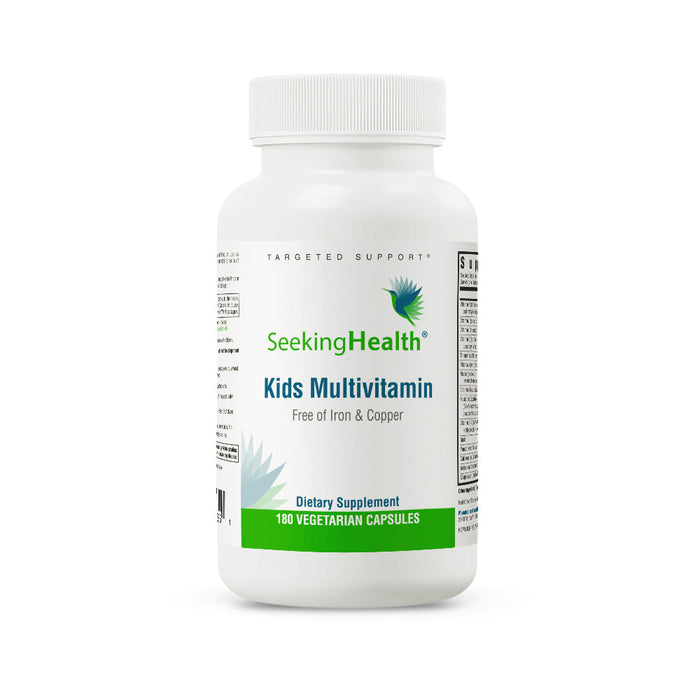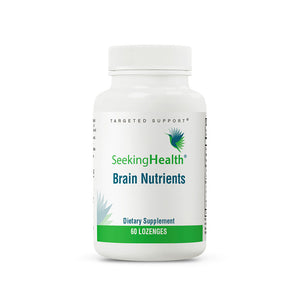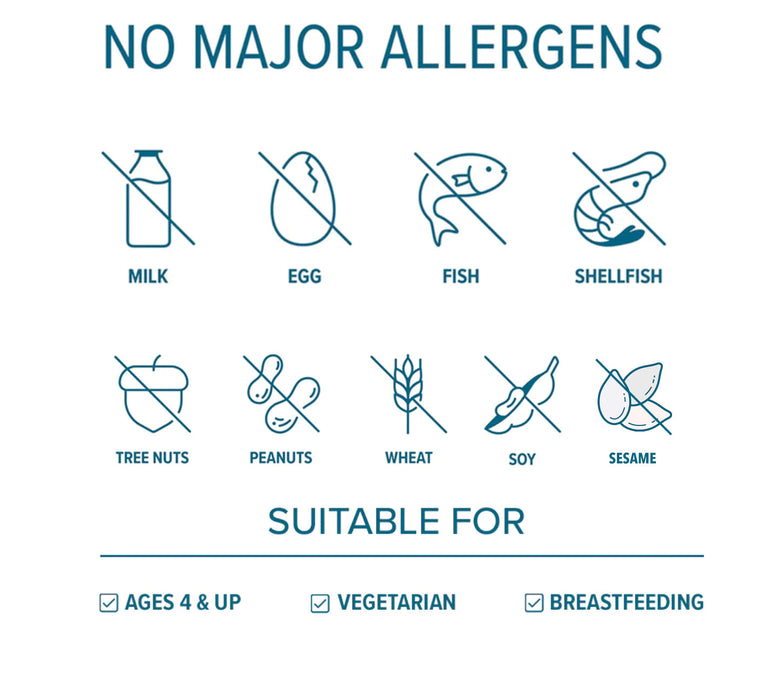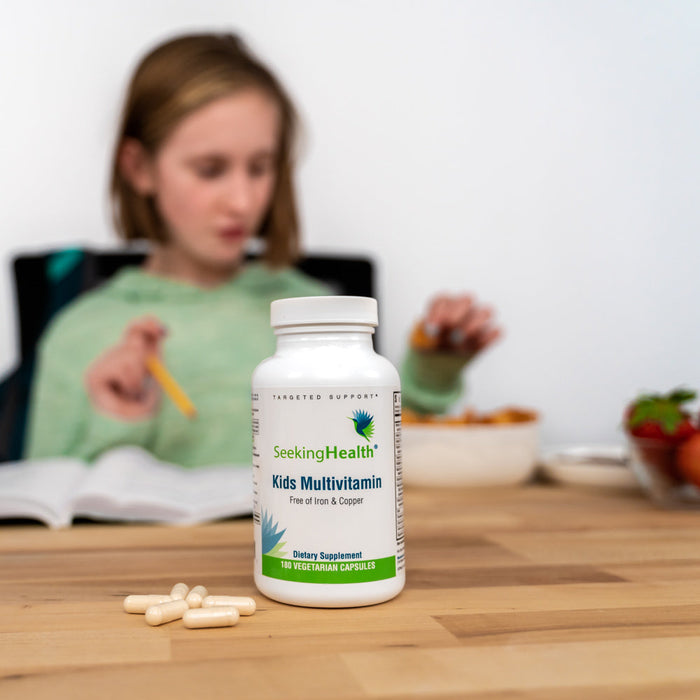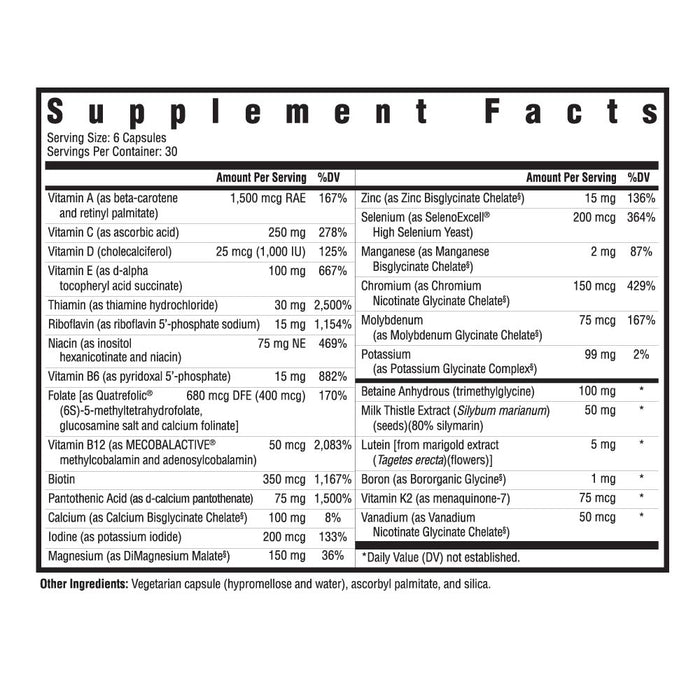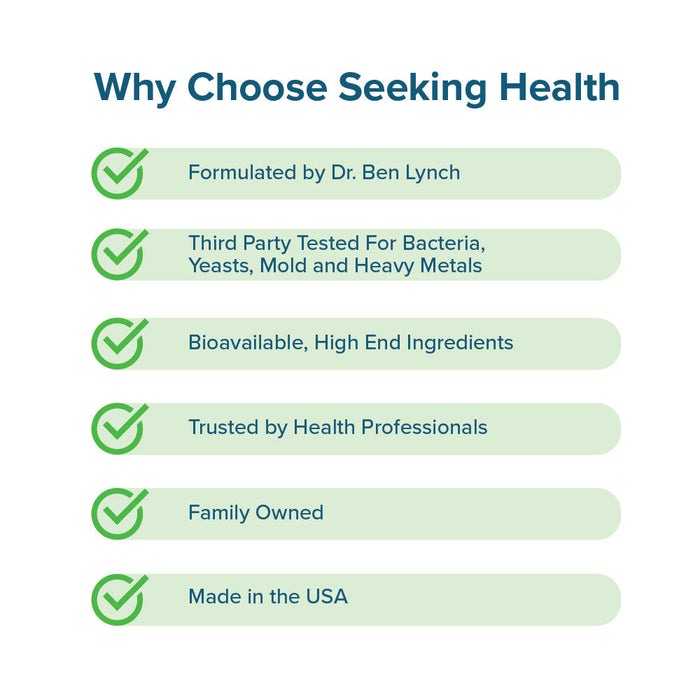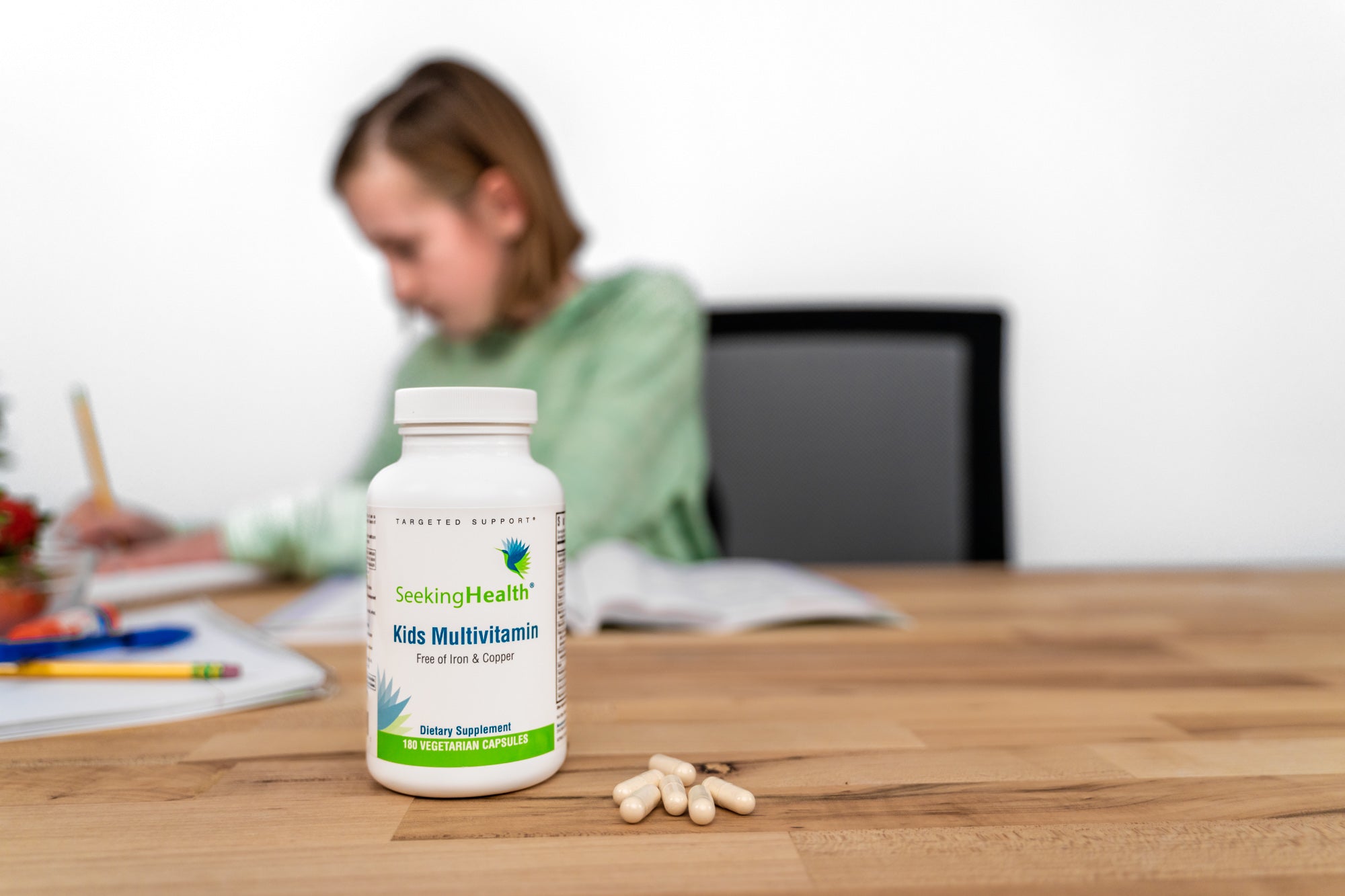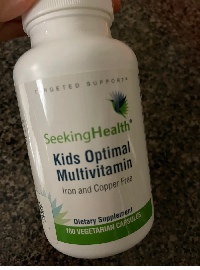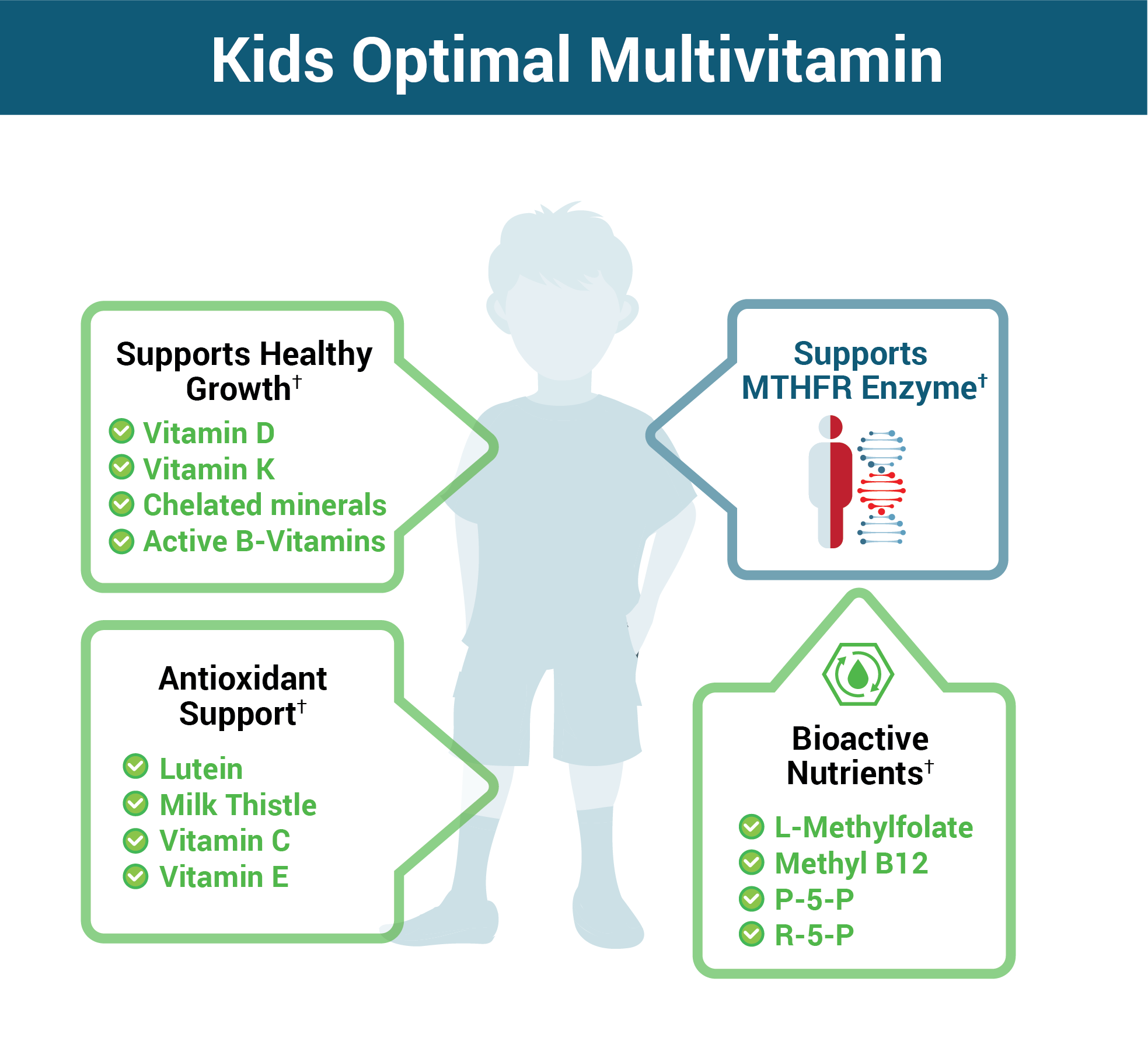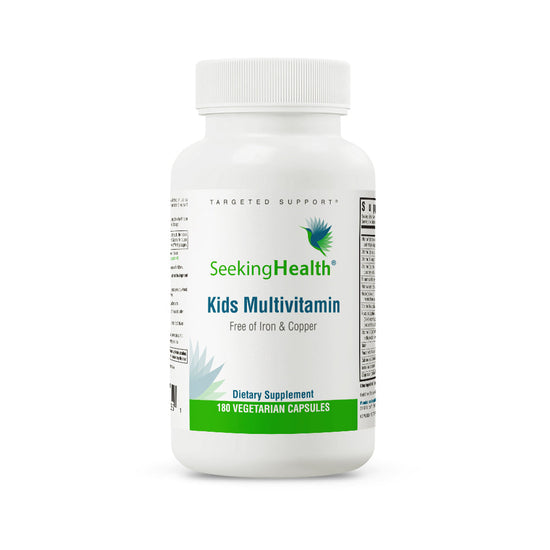Kids Multivitamin is formulated by epigenetics expert Dr. Ben Lynch. Key ingredients support multiple biochemical pathways, as seen on the StrateGene® Report. Bioavailable forms of folate and B12 promote optimal methylation in your child’s growing body.†
During growth and development, methylation encourages cell division to grow new tissues. Methylation is needed for healthy growth, mood, heart function, brain function, and so much more. Bioactive folate and B12 are required for methylation to occur.†
Kids Multivitamin contains methylated B12, methylfolate (5-MTHF), and betaine anhydrous (TMG) to support the methylation pathway.†
It is estimated that over 50% of the population has a mutation in their MTHFR gene. The MTHFR gene converts and produces the active form of folate (5-MTHF) from whole foods. MTHFR mutations or lifestyle stress can slow down this gene, causing folate deficiency.†
Supplementing with the natural form of folate as 5-MTHF bypasses the MTHFR gene. This supports methylation by allowing folate to flow into the methylation pathway via the MTR enzyme.†
Ironically, the synthetic form of folate (folic acid) can further slow the MTHFR gene. This can even lead to folate deficiency! You’ll never see folic acid in any of Seeking Health’s dietary supplements. Instead, we prioritize natural and bioavailable forms of folate. These include 5-MTHF (methylated) methyl-free and folinic acid (calcium folinate).†
Betaine anhydrous is also known as trimethylglycine or TMG. As the name implies, it contains glycine and three methyl groups. Betaine is added to this formula to support the passing of methyl groups to homocysteine. This aids homocysteine’s conversion back into the harmless amino acid methionine. This support is even more crucial for individuals with MTR, MTHFR, and CHDH gene mutations. (These variations can be seen on the StrateGene® Report.) Supporting homocysteine metabolism, in turn, supports healthy homocysteine levels and cardiovascular health.†
Key features of Kids Multivitamin:†
- Growth & Development is supported with an ideal ratio of essential vitamins, minerals, and trace minerals. These synergistically support optimal development and function of the nervous system, brain, hormones, bones, muscles, and organs.
- Methylation support is provided by methylated folate (5-MTHF), methyl B12, and betaine (TMG or trimethylglycine). Vitamin B6 (as P-5-P) also supports healthy transsulfuration pathways.
- Antioxidants promote immune health, including high-potency vitamin C, vitamin E, vitamin A, and zinc.
- Eye & Vision health support from chelated zinc and lutein, a yellow carotenoid from marigold flower. Supporting the eyes is particularly important with increased exposure to the irritating blue light emitted from screens.
- Healthy blood glucose & Insulin support is provided from chromium and vanadium.
If you’re looking for a high-quality children’s multivitamin, look no further than Kids Multivitamin by Seeking Health. For a great-tasting, chewable multivitamin supplement including a modest dose of iron, talk to your child’s healthcare provider about Optimal Multivitamin Chewable.
†
